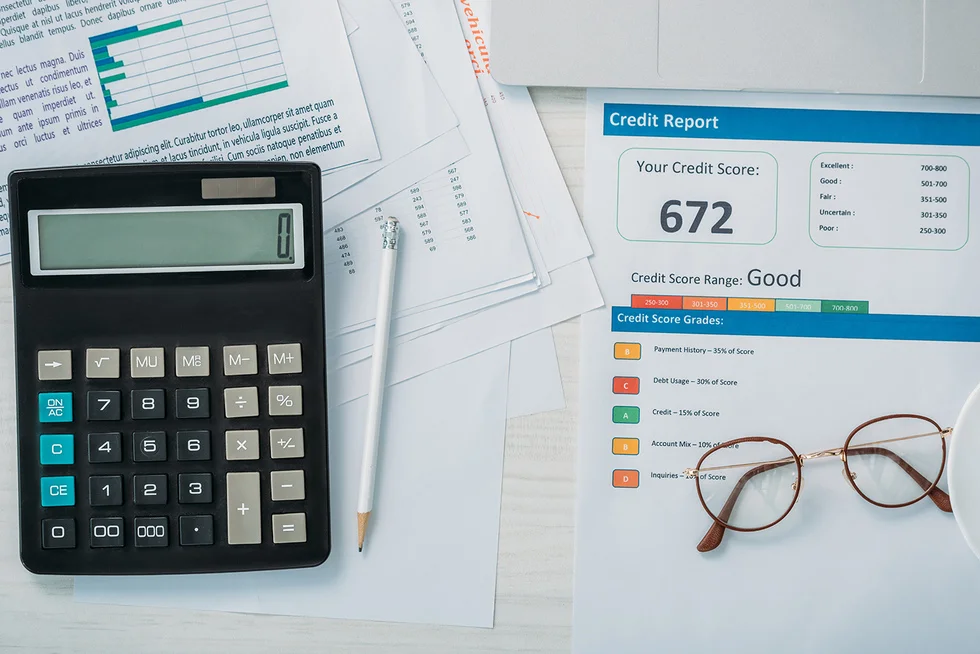Do I have a Fair Credit Reporting Act claim?
So much in life rests on your credit report: your ability to obtain a mortgage, a car loan or even a job. And when someone makes a mistake, whether it’s the credit reporting agency, your creditors or debt collectors, it can have a huge impact on your life. You may unfairly lose an opportunity, take on debt at a higher interest rate or face judgment from prospective employers.
Fortunately, the government regulates the behavior of consumer reporting agencies and anyone who reports information to them through the Fair Credit Reporting Act (FCRA). When Equifax, Experian or TransUnion—the “Big Three” consumer reporting agencies—make a mistake, they’re in violation of the FCRA.
What errors do consumer reporting agencies make?
In order to establish a violation of the FCRA, you need to have a consumer report, find an error on the report and suffer in some way because of the error.
A consumer report is an overview of personal details and finances prepared and disseminated by a third-party company that, in turn, sells reports compiling information about a consumer. A range of companies creates consumer reports. There are consumer reporting agencies, or the “Big Three”: Equifax, Experian and TransUnion. There are background check companies, like Accurate Background, HireRight, First Advantage and GoodHire. Even Drive-a-Check, or DAC, reports for truck drivers are considered consumer reports.
An error on a consumer report can be almost anything that’s incorrect. On consumer credit reports, common mistakes include:
- Outdated information, like improperly included judgments
- Inaccurate information from creditors, like late payments or charged off accounts
- Information included from someone else’s file
On criminal background reports, erroneous arrests or convictions are typically the most serious type of error.
An error can result in the denial of new credit, the denial of a job or credit issued on unfavorable terms.
Even if all of your information is correct, the consumer reporting agencies can also run afoul of the FCRA through the dissemination of your information to a third party. Only permissible parties like creditors, landlords, utilities or employers (with your permission) may access your credit history. If the agencies give out information to someone who shouldn’t have it, that’s a problem. It’s also a violation of your privacy if your information is shared by someone who doesn’t have a valid reason for accessing it. An example might be your employer’s HR department pulling a credit report without your permission.
When do I have an FCRA claim?
You have free access to your credit reports through the three credit reporting agencies. In fact, through April 2022, you have free weekly access due to the pandemic. (Usually, you only get one free report from each agency per year; charges for accessing your credit score still apply.)
If you feel like something is amiss or that you may have lost an opportunity due to incorrect information, request a copy of the report. If you find an error, notify the reporting agency in writing and request a correction.
So how do you know if you have an FCRA claim? If you can answer “yes” toall of the following four questions related to consumer credit reports, you may have a claim:
- Have you recently reviewed your credit reports?
- Does your credit report have errors?
- If so, have you disputed every error?
- Were any errors not removed in response to your dispute?
Similarly, with background checks, if you can answer “yes” to all of the following questions, you may have a claim:
- Was a background check conducted?
- If so, was the report used to deny you employment?
- Have you seen the report?
- Does the report contain any errors?
If you believe you have a claim for a violation of the FCRA, reach out to us so that one of our attorneys can talk with you as soon as possible. At Barrett & Farahany, we are happy to answer any questions about the FCRA. Please contact us to speak to one of our attorneys.


